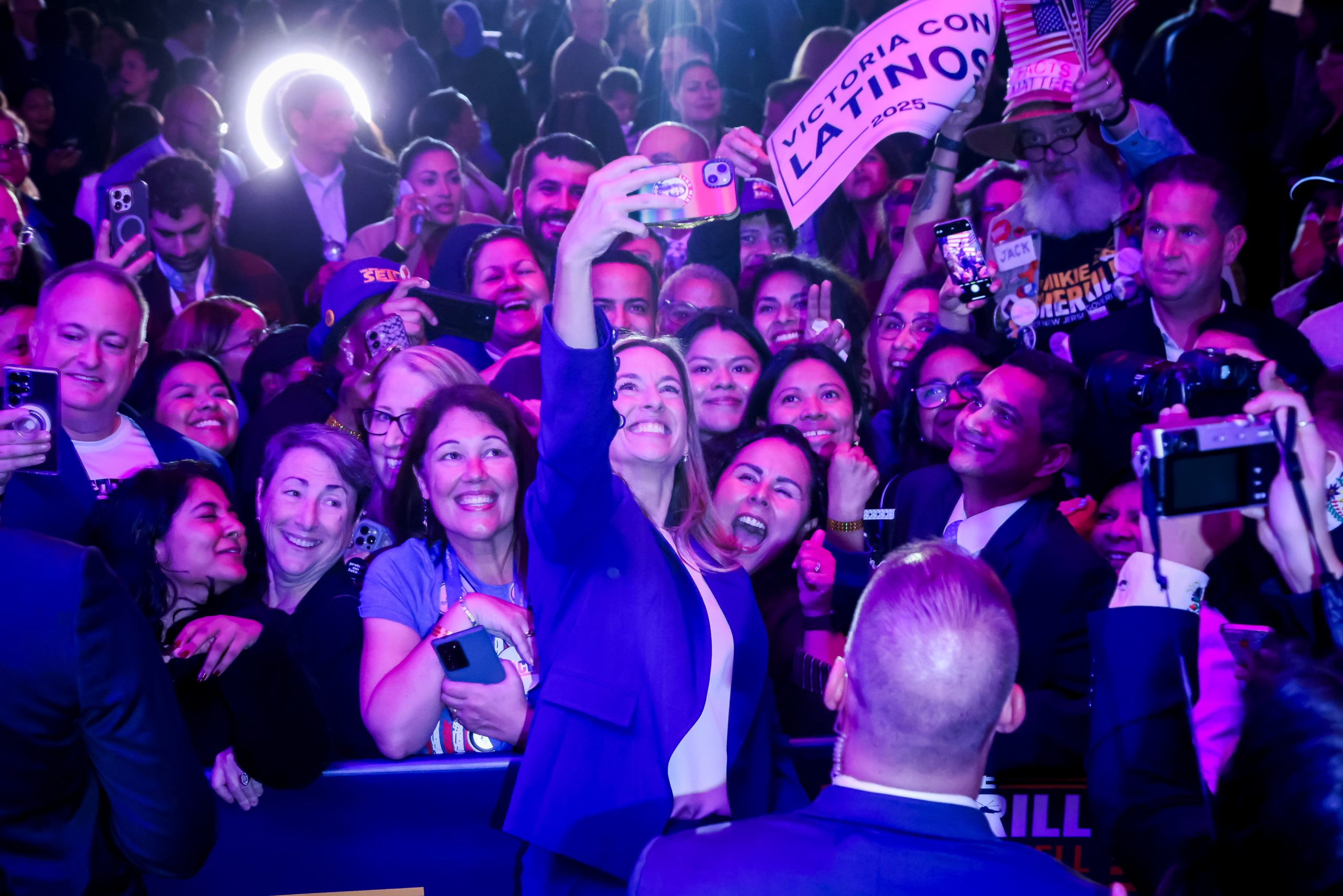GOP Faces Latino Voter Woes: A Warning Sign for 2028?
Recent election results are sounding alarm bells for the Republican Party, suggesting a potential shift in voter demographics that could impact future elections. While Democratic enthusiasm surged in states like New Jersey and Virginia, a deeper dive reveals a concerning trend for the GOP: a weakening hold on the Latino vote. Could this signal a broader unraveling of the coalition that propelled Donald Trump to victory and a challenge for the party moving forward?
New Jersey’s Wake-Up Call
The starkest evidence of this shift emerged in New Jersey’s gubernatorial race. Democratic Gov.-elect Mikie Sherrill captured nearly 70% of the Latino vote, leaving Republican Jack Ciattarelli trailing significantly with just 31%. This represents a dramatic swing compared to the 2024 presidential election, where Trump came within striking distance of winning New Jersey. The implication is clear: the Latino electorate, once considered a potential avenue for Republican growth, may be drifting away.
This isn’t just about one election. The Virginia results, while not as dramatic, echoed the same sentiment. While statewide data requires further analysis, anecdotal evidence and localized results point to a similar erosion of support for Republican candidates among Latino voters. This raises crucial questions about the Republican Party’s messaging and outreach strategies. Are they effectively addressing the concerns and priorities of this increasingly influential demographic?
Beyond Trump: A Deeper Dive
While the immediate reaction might be to attribute this shift solely to anti-Trump sentiment, the reality is likely more complex. Latino voters are not a monolithic bloc. Issues like economic opportunity, healthcare, immigration, and education play significant roles in shaping their political preferences. The Republican Party needs to demonstrate a genuine commitment to addressing these issues in a way that resonates with Latino communities.
Furthermore, the Democratic Party has been actively investing in building relationships and infrastructure within Latino communities for years. This includes targeted outreach programs, culturally relevant messaging, and the cultivation of Latino leaders within the party. The GOP needs to match, if not exceed, these efforts to regain lost ground.
A Pivotal Moment for the GOP
The recent election results serve as a potent reminder that demographic trends are constantly evolving. The Republican Party must proactively adapt its strategies to engage with diverse communities, including the Latino electorate. Failure to do so could have significant consequences in future elections, potentially jeopardizing the party’s long-term prospects. The time for introspection and strategic recalibration is now.
SOURCE: Vox
Based on materials: Vox





